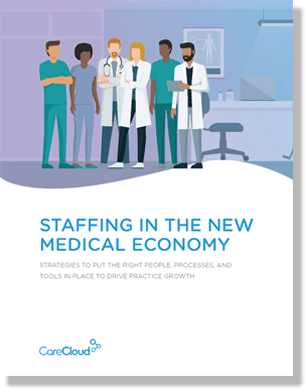The Centers for Medicare & Medicaid Services (CMS) recently began leveraging predictive modeling technology to identify fraudulent claims before they are paid.
The new technology is similar to what credit card companies use to recognize suspicious behavior. The system provides a proactive anti-fraud solution to the CMS, a significant improvement over the former “pay & chase” recovery system.
“This new technology will help us better identify and prevent fraud and abuse before it happens and helps to ensure the solvency of the Medicare Trust Fund,” CMS Administrator Donald Berwick, MD, said in a statement.
Proactive Fraud Prevention
Innovative risk scoring technology applies detailed predictive modeling to analyze Medicare claims and identify fraud, waste or abuse. CMS will now be able to use real-time data to spot suspicious claims or providers and stop fraudulent payments before they are awarded.
“Predictive modeling is a revolutionary new way to detect fraud and abuse, integrating effective and timely actions with protections and savings for Medicare and taxpayers,” said Peter Budetti, MD, JD, director of CMS’ Center for Program Integrity.
Utilization of the predictive modeling technology is a confluence of the Affordable Care Act and the White House’s Campaign to Cut Waste that takes aim at the estimated $60 billion lost annually to Medicare fraud.
“President Obama is committed to hunting down and eliminating waste, fraud and abuse throughout the federal government,” HHS Secretary Kathleen Sebelius said in a statement.
“Our work to fight Medicare fraud is an important part of the Obama Administration’s effort to root out wasteful spending and change the way government does business.”
While this initially may mean some delays in Medicare payments for providers, as processes are fine-tuned, ultimately this could save taxpayers billions and help the government reduce spending.
How It Works
The new platform incorporates proven predictive models and other advanced analytics to scrutinize incoming Medicare claims, identify potential problems, create alerts and assign “risk scores.”
These flagged claims are routed to case managers for review, allowing the CMS to assess the need for investigation or further enforcement. Algorithms are able to filter claims by the beneficiary, provider, service origin or other patterns to cut down on turnaround time and streamline reviews.
It’s long overdue, but it’s certainly a step in the right direction for industry and government rife with wasteful spending.
How do you think this new technology will affect the healthcare industry? Post your opinion below.



